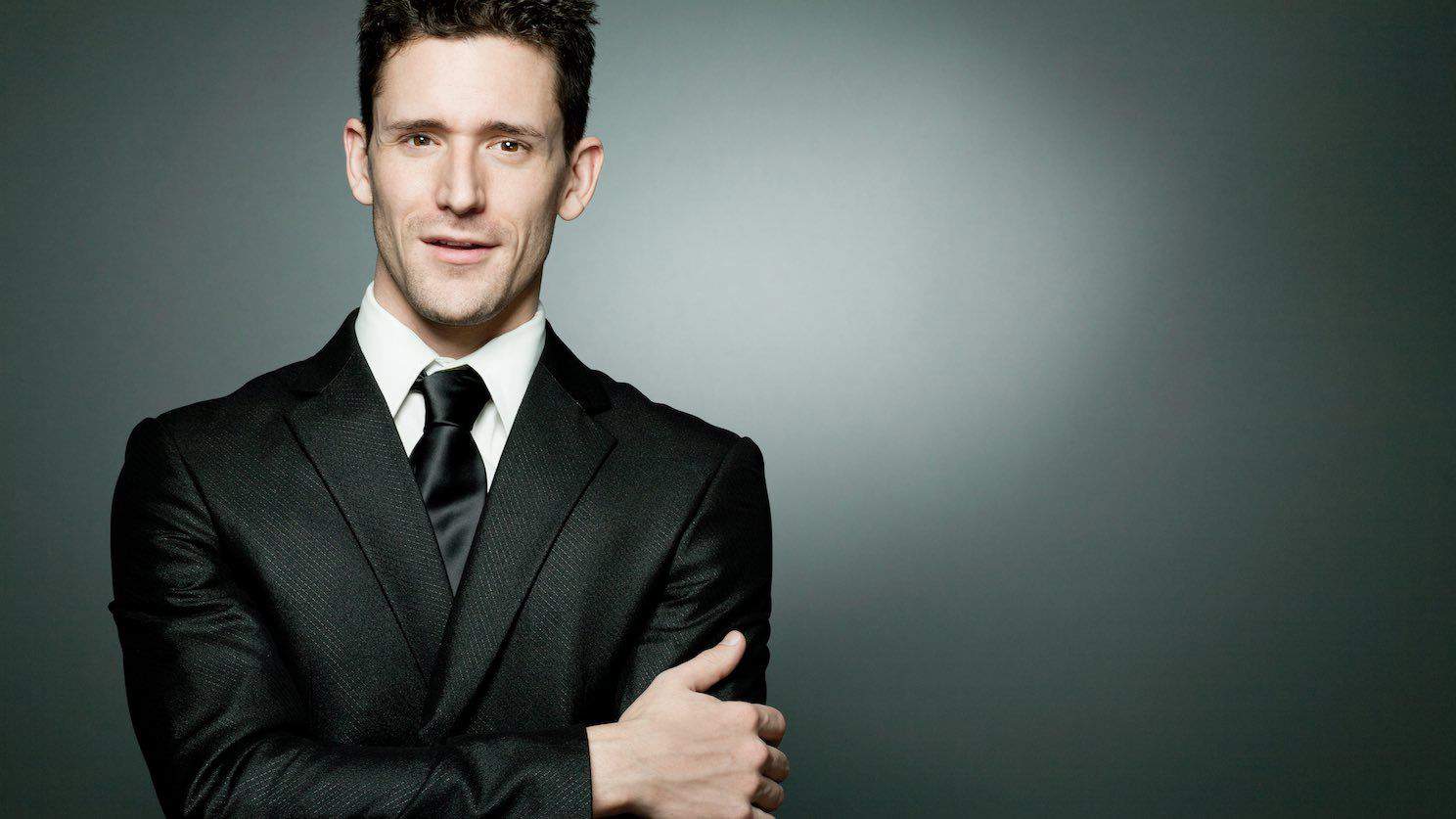It's not just women who worry about looks. Men, too, know that physical appearance can affect their self-esteem and confidence. Appearance, self esteem and confidence go a long way towards remaining competitive in the workplace. Even in professions where looks matter little, we increasingly see reports of men having muscle relaxing anti-wrinkle injections for professional reasons. Is it a thing?
No one denies that it is harder to get a job now than it used to be. And the distressing trend towards hiring younger workers over older ones is not just about ageism or looks. It is also about a very short-term perspective focused more on cost cutting than fostering worker productivity or human resource development. In such a job market, looking good and looking younger matter. Can anti-wrinkle injections and other cosmetic treatments really help men compete in the workplace? A lot of men seem to think so, judging by what they are telling their dermatologists, cosmetic surgeons and cosmetic physicians.
The trend seems to be universal. Numerous stories from the U.S., Canada, the U.K., New Zealand, India and our own country show more and more men opting for anti-ageing treatments. According to a press release from the Cosmetic Physicians Society of Australasia (CPSA), “it’s not only increasingly common for men to undergo a cosmetic procedure, it’s also becoming more widely accepted.”
Gaining an edge professionally may not be the only reason men are having anti-aging injections, it seems to be a key reason nevertheless. Remaining competitive is imperative both for those who run their own businesses and for those who work for others. Men in sales, marketing, customer service and other fields that require constant face-to-face interactions, including lecturing and teaching, acknowledge the pressure to improve or maintain appearance for professional success. Stories from around the world featuring plumbers as well as Wall Street bankers make it clear that there are no class differences when it comes to feeling the pressure to look good.
But is this belief grounded in reality? Does looking younger really give you a competitive edge in ordinary jobs and job interviews?
You can expect people in the headhunting and staffing industries to give an unvarnished opinion. Craig Lund, president of Canadian staffing firm Marketing Talent Inc. is quoted in The Globe and Mail saying “what gets you in the door is your résumé and experience. But if it comes down to two candidates of equal qualifications, and one guy looks well rested and fit while the other looks tired and out of shape, guess who gets the job?” He believes that the results from fillers, however subtle, have an effect on self-confidence, another key factor in interview success.
It would be wonderful if personality, achievements and talents were what mattered at work and in job interviews. But evidence suggests that good looking people, male or female, earn more than their homelier colleagues, find it easier to get loans and even get better interest rates.
In seeking evidence of what they call the beauty premium, researchers Markus Mobius and Tanya Rosenblat found that “physically-attractive workers are more confident, and higher confidence increases wages.” And when comparing workers with the same level of confidence, they found that employers often wrongly considered physically attractive workers to be more able.
Fortunately, the researcher also found that confidence accounts for about 20 percent of perceived attractiveness. On the surface, this should be good news: A more experienced person will project confidence in a job interview.
In the years following the global financial crisis, however, job markets haven’t been kind to older workers. There is evidence, at least in the U.S., that job seekers 55 years or older take on average 50 plus weeks to find another job. People younger than 55 tend to find another job within around 34 weeks. Long periods of unemployment can affect anyone’s confidence, and older job seekers stand the chance of suffering a double blow.
So we say to Aussie men, if you think you can benefit professionally or vocationally from cosmetic treatments, go for it. Aussie women are supportive of men undergoing cosmetic treatments. More than half of Australian women think that wrinkles are one of the three most ageing features on men. The others are thinning hair and posture. Nearly one third (31%) of the survey participants—over 97% of participants were women—said they would like to change their partner’s appearance, with one in five among them (19%) picking wrinkles as one of the features they’d like to change. So who knows, they may even thank you for opting to get rid of your wrinkles and improving your appearance overall. And if cosmetic treatments help you remain competitive in the workplace, that’s a double bonus!
